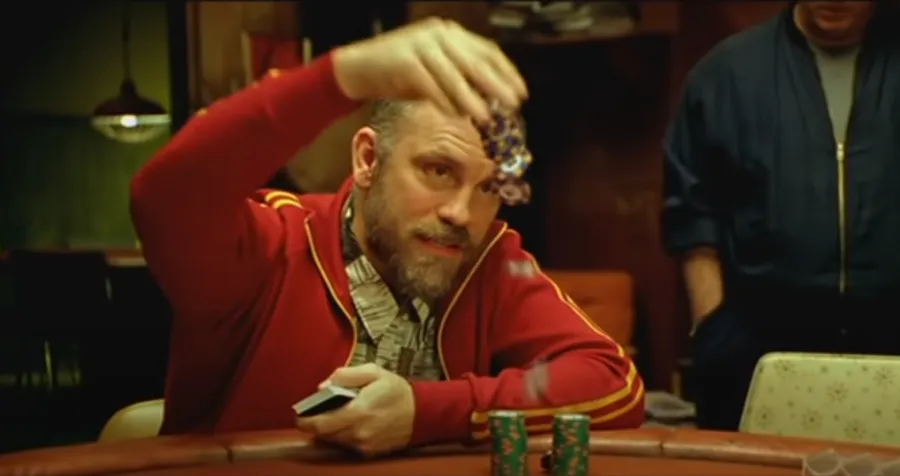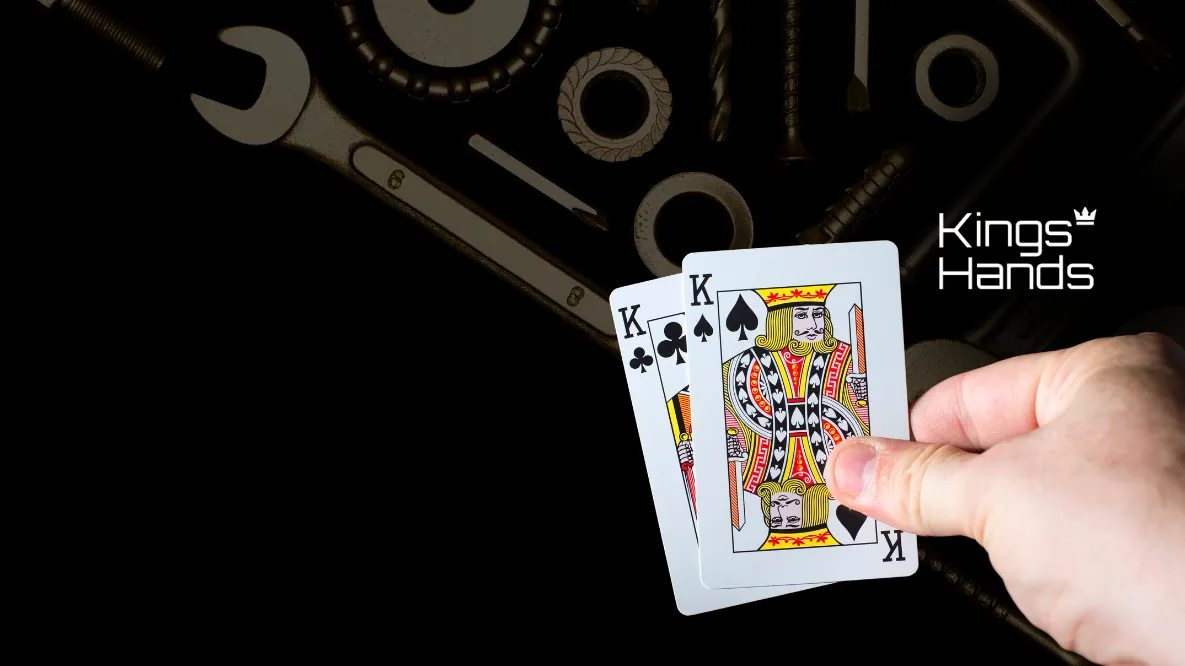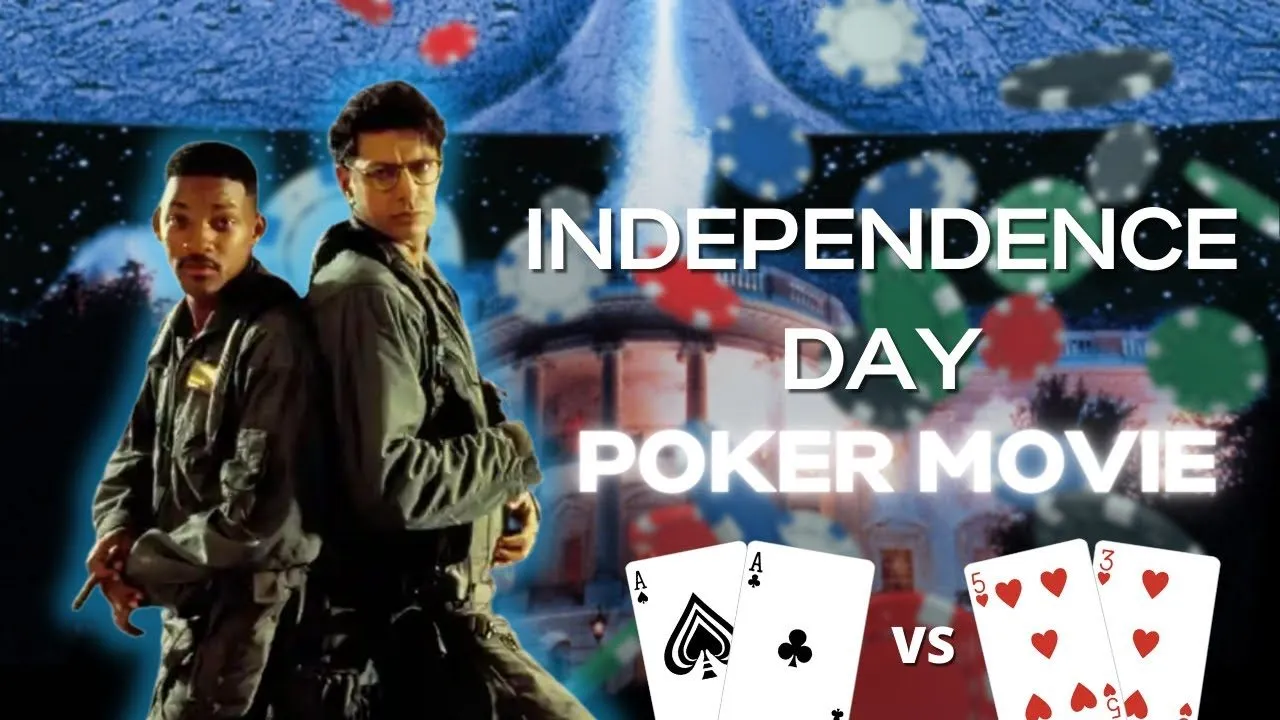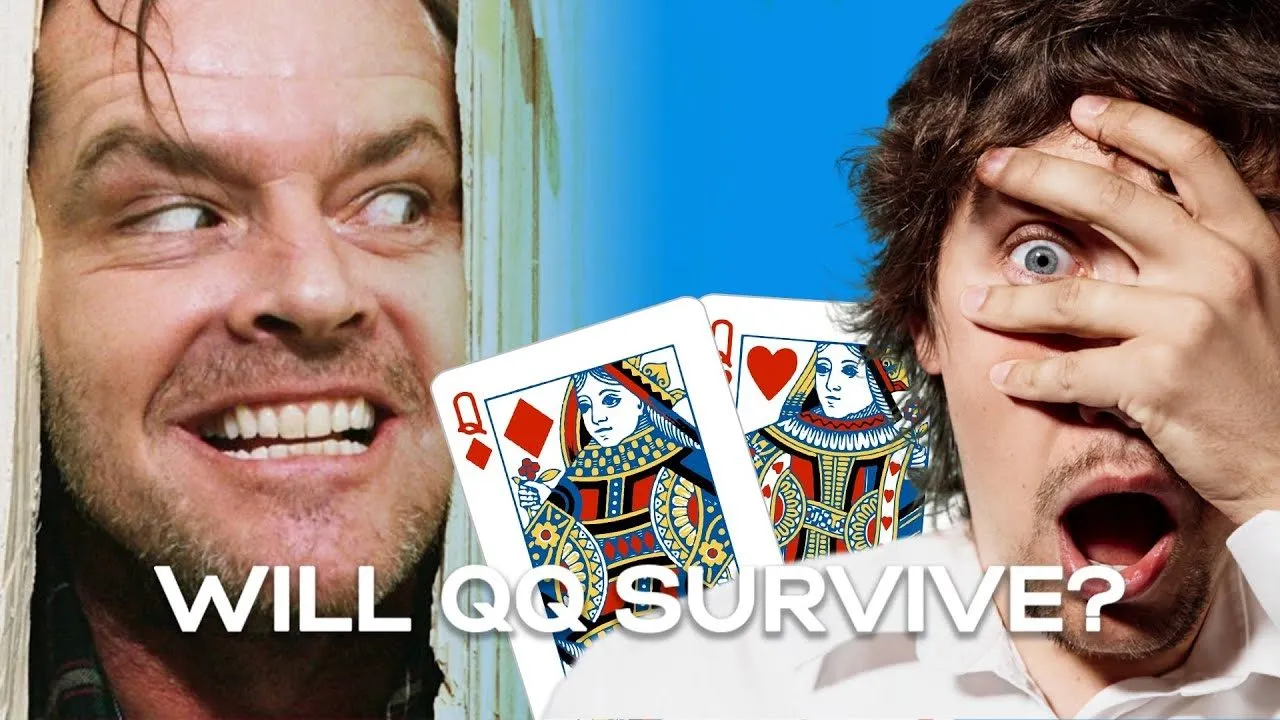Timing tells
Timing tells will vary a lot from player to player, but it’s worth noting whether you can spot a trend in their timing for bluffs vs. value plays after sitting with them for a while. Sometimes playing fast can indicate weakness, or even auto-pilot play, but it is always possible for a thinking player to turn this into a reverse tell, and act quickly when they have a strong holding in order to feign weakness.
Still, it is quite common amongst less experienced players for them to act quite quickly when less interested in their hand, for example when calling a continuation bet, a quick call will often indicate a wish to appear happy to commit chips, where it actually may suggest they do not wish to face more heat on the turn and may have a vulnerable value hand which can’t stand a lot of pressure, or a weaker draw that wants to continue cheaply.
Acting Strong
Sometimes simple is effective, and although it does lack subtlety, straightforward intimidation tactics are something you see at the poker tables, and certainly can indicate a bluff is underway. Players who want you to fold will typically lean forward or try to appear physically larger at the table, throw their chips into the pot with a faster, more forceful motion or speak more loudly. This can go hand-in-hand with acting faster as we looked at previously.
Of course, sometimes confidence is simply what it looks like, and the player has a hand! Learning to tell the nuances of false confidence from real takes knowing the player, but if their aggressive manner seems pronounced, or otherwise out of character there’s a good chance they are bluffing.
Body Language
If a player acts out of sorts, or appears physically stressed at the table, visibly tense or agitated, these can often be indications of tension due to being weak and bluffing. However, there are some tells which are actually more reliable indicators of excitement, betraying a large hand, such as physically shaking hands while reaching for chips.
On the other hand, if a player seems relaxed, chatty, and goes to drink water or do some other side activity in the middle of a hand this can often indicate strength, but of course you must bear in mind these tells are very player dependent and you must observe them along with that person’s general tendencies at the table.
If a player immediately slumps in their chair after looking at their cards, this can indicate a lack of interest.
There’s so much physical activity to observe in poker, the first thing is just to get a sense of the overall flow, handling of chips, and the mood at the table. You can’t go into live poker and immediately start figuring out reads, you have to get a feel for the territory first, and the individual player you’re facing.
Eye Contact
They say the eyes are the window to the soul, and they can certainly give off a range of indicators at the poker table, which is why many players choose to wear sunglasses!
Avoidance of eye contact from your opponent may indicate weakness, but there are many players who will routinely avoid eye contact regardless of their hand strength, in order to avoid giving away information. Dilated pupils tend to indicate interest and motivation, so it’s worth observing your opponents closely when they first look at their cards. It is also worth considering whether to look at your cards when they are first dealt to you, or when the action comes around to you. When will you be more observed by others?
Another good time to pick up tells is when a player first observes the flop. How much interest do they indicate? If a player constantly glances at their stack, they may be planning a big move.
Table Talk
Table talk is one of those intricate and fascinating things, and it would be a mistake to make any sweeping generalisations. Still, there are tendencies in table talk. Take for example the incessantly chatty happy-go-lucky player who suddenly clams up and gets quiet – these are the moments when we can spot a bluff. Players who won’t talk to you are a little like the players who won’t look at you – they’re nervous, they don’t want to give anything away.
Overly-chatty in a hand, especially if it’s unusual for that player, is often a sign of confidence. If a player mentions specific details of their hand, they are actually more often than not telling the truth, by the prevailing wisdom. The key is to watch the individual, how they usually behave, and note the difference, rather than trying to impose an overall assumption.
There’s a huge edge available in table talk if you know how to use it, but don’t speak too soon as it could also be your downfall!
Come check out the PokerDeals Discord for more top tips!





















